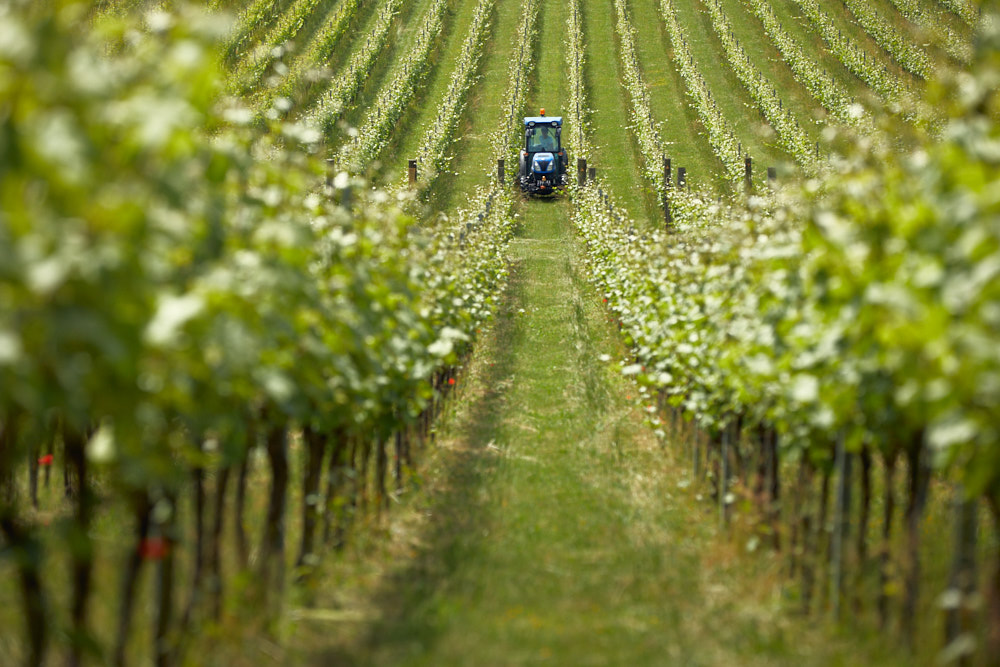
WineGB urges government to remove ‘competitive disadvantage’ ahead of budget
With just two weeks remaining until the autumn Budget, WineGB has called on the UK government to prioritise the English and Welsh wine industry by reducing excise duty and offering targeted support to boost growth.
In its Budget submission, WineGB highlights that the UK is one of the few wine-producing countries in Europe that levies excise duty on domestically produced wines. On average, this adds £2.67 to the cost of a bottle for British producers and consumers, putting them at a disadvantage compared to their European counterparts.
France for example imposes minimal or no excise duty on home-produced wines, charging only €0.07 on sparkling wines and €0.03 on still wines in 2022.
The recent duty increase in August 2023 was the largest in nearly 50 years, with further changes based on abv set to take effect next year. WineGB argues that these reforms disproportionately affect English and Welsh wine producers and have already contributed to a £238 million decline in wine-related tax revenue for the Treasury. Reducing excise duty would therefore stimulate sales of premium English and Welsh wines and potentially reverse these losses, the organisation said.
WineGB is also pushing for the introduction of a Cellar Door Relief scheme, which would allow wineries to sell a set number of bottles directly to visitors without paying excise duty. Wine tourism currently accounts for 25% of many wineries’ income, so this initiative aims to encourage further investment in tourism infrastructure. The wine sector is poised to support 30,000 jobs by 2040, many outside the Southeast, and currently employs 17 times more people per acre than traditional farming.
Additionally, WineGB is advocating for a reform of Small Producer Relief, proposing that thresholds be adjusted to reflect higher production costs in the wine industry. Unlike beer or cider, wine production involves lengthy maturation periods and significant upfront investments, making it essential for new producers to access financial support.
Nicola Bates, CEO of WineGB, emphasised the importance of government backing.
“By cutting duty, introducing Cellar Door Relief, and reforming Small Producer Relief, the Chancellor can unlock our industry’s full potential at this crucial time. Reduced tax burdens would provide businesses with the confidence to invest and grow,” she said.





